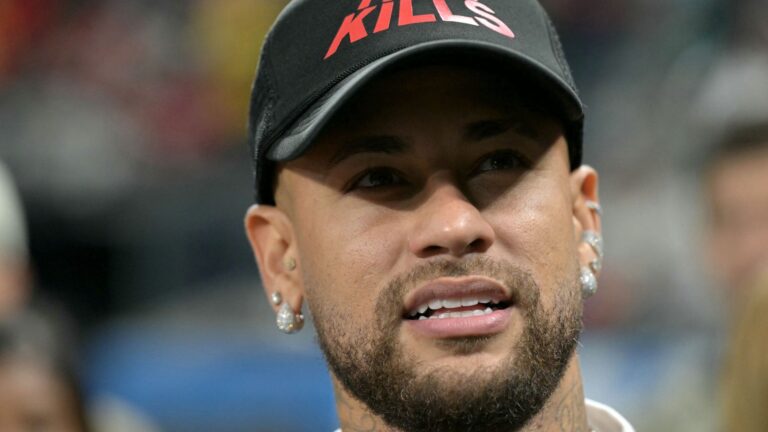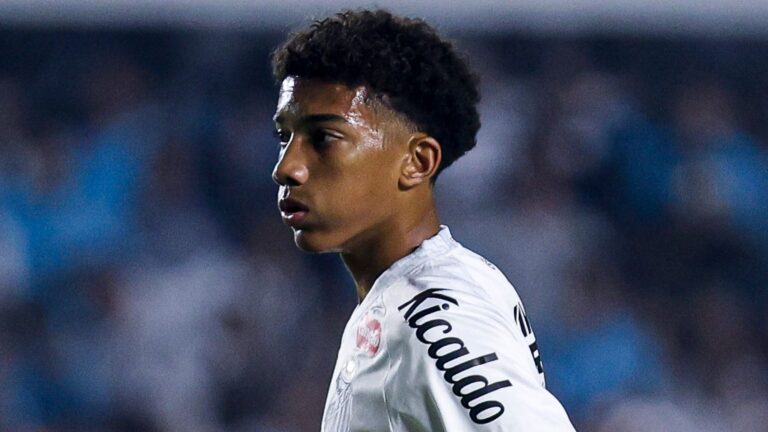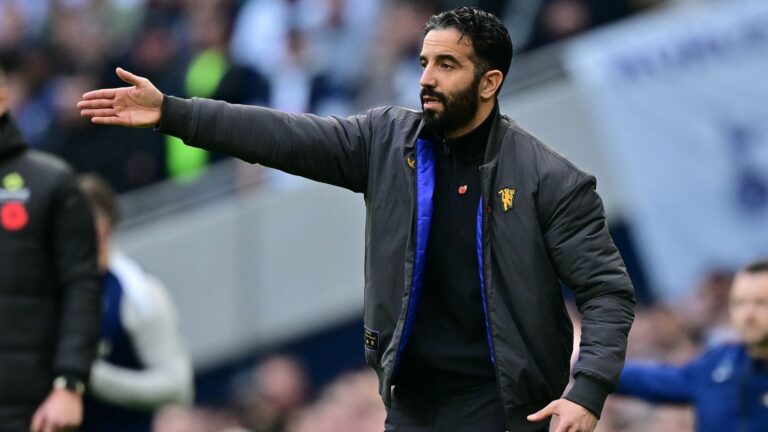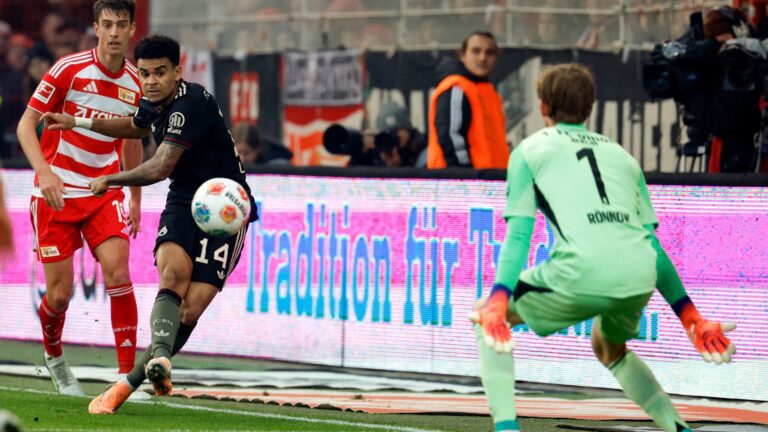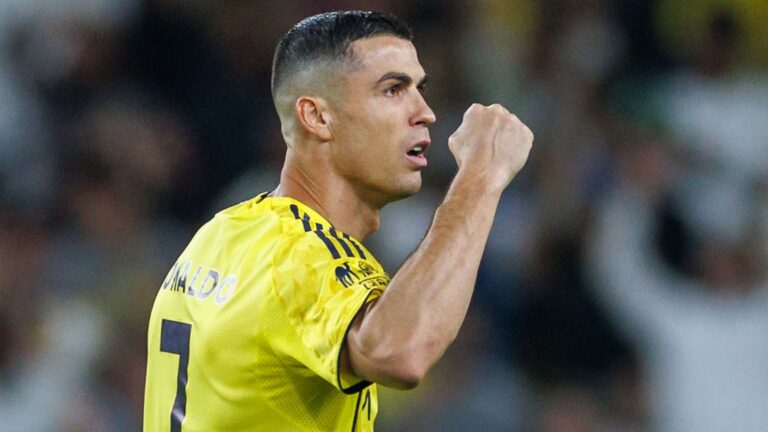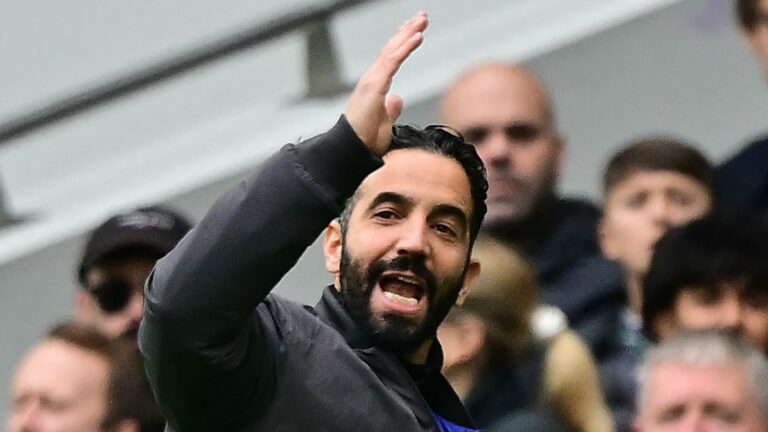Uncovering the Mafia’s Shadow Over Italian Football: Crotone’s Alarming Judicial Takeover
In the world of Italian soccer, a disturbing revelation has emerged about the Serie C club Crotone and its entanglement with organized crime. Following investigations that exposed deep-rooted interference, the club now faces a year-long judicial oversight to break free from illicit influences.
Ndrangheta’s Deep-Seated Control in Crotone’s Operations
The Catanzaro Court has stepped in, endorsing recommendations from anti-mafia officials, based on compelling proof that the notorious Ndrangheta syndicate held an overwhelming sway over the team’s daily functions for over ten years. This oversight particularly targeted areas like venue safety and access protocols, highlighting how criminal networks exploit sports entities for their own agendas.
The Wider Threat to Italian Soccer from Organized Crime
This situation spotlights the persistent risks within Italian athletics, where powerful groups like the Ndrangheta leverage teams to clean illicit funds and strengthen their regional dominance. Authorities point out that Crotone’s management was heavily swayed by threats, similar to interventions at clubs like Foggia, as part of a larger push to defend the integrity of sports from illegal enterprises.
Statements from Crotone’s Ownership: Defending Their Position
The longstanding proprietors of Crotone, the Vrenna family, who steered the club to its celebrated ascent to Serie A in 2016, have firmly rejected any accusations of misconduct. Speaking via their legal representative, Francesco Verri, they remarked: “We intend to thoroughly review the court’s preliminary directive and gear up for the upcoming session on October 13th.
“It’s important to clarify that this action isn’t meant as punishment; rather, it’s a response to the Ndrangheta‘s intimidating reach over FC Crotone, with no indication of involvement or cooperation from the club’s owners, executives, or staff.
“Moving ahead, FC Crotone is committed to working alongside the court-designated overseers to maintain operations that benefit the team, its followers, and the sport as a whole.”
Official Responses and Protective Measures in Place
To address the fallout, the FIGC’s investigative unit is gathering key records from legal bodies, while 17 people linked to mafia activities have been barred from stadiums. This strategy acts as a barrier, shielding the organization and its supporters from additional corruption. Overall, the ruling underscores a comprehensive campaign to purge criminal elements from Italian soccer, promoting lawful administration at all tiers.
Crotone’s Path Forward Amid the Turmoil
Even with this judicial intervention, Crotone remains active in Serie C, managed by appointed officials. Known as Gli Squali, the team ended last season in fourth place but fell short in the advancement rounds; now, they’ll strive to concentrate on their games despite these challenges. The club maintains that its athletic pursuits will go on uninterrupted, yet this episode reignites debates about the need for stronger governance in Italian football to combat such threats.



Background on FC Crotone and Its Challenges
In the world of Italian football, FC Crotone has long been a team that embodies the passion and struggles of Calabria’s sporting scene. This Serie B club, known for its gritty performances and loyal fanbase, has faced significant hurdles due to alleged ties to organized crime, particularly the ‘Ndrangheta. This powerful mafia syndicate’s extensive influence on Crotone’s operations led to the club being placed under judicial administration, a move aimed at purging corruption and restoring integrity.
What Led to Judicial Administration for FC Crotone?
Judicial administration in Italian football clubs is a serious measure often triggered by evidence of criminal infiltration. For FC Crotone, investigations revealed how the ‘Ndrangheta allegedly manipulated club finances, player transfers, and even match outcomes to further their criminal enterprises. This process, which involves court-appointed administrators taking over daily operations, was implemented to safeguard the club from further mafia interference.
- Key allegations of ‘Ndrangheta influence: Reports highlighted how certain club officials were linked to ‘Ndrangheta members, with funds from illicit activities reportedly funneled into team investments. This included suspicious sponsorship deals and player contracts that raised red flags during audits.
- Timeline of events: In recent years, Italian authorities intensified probes into southern clubs like Crotone, uncovering a network of money laundering tied to ‘Ndrangheta operations. By 2023, Crotone was formally placed under administration, marking a pivotal moment in the fight against mafia influence in sports.
- Legal framework involved: Under Italian law, clubs can be seized if they pose a risk to public order. Administrators were tasked with reviewing all financial records, ensuring transparent governance, and preventing any further ‘Ndrangheta infiltration.
Understanding ‘Ndrangheta’s Reach in Italian Football
The ‘Ndrangheta, originating from Calabria, is one of Italy’s most pervasive criminal organizations, with tentacles extending into various sectors, including sports. Their influence on FC Crotone exemplifies a broader issue where mafia groups exploit football’s popularity for money laundering and power consolidation.
How ‘Ndrangheta Infiltrates Football Clubs
‘Ndrangheta’s strategy often involves cozying up to club executives, offering “investments” that seem too good to refuse. In Crotone’s case, this meant leveraging the club’s regional ties to embed their operations, turning matches into opportunities for betting scams and illicit profits.
- Common tactics used by ‘Ndrangheta: These include controlling ticket sales, stadium concessions, and even player agents to maintain a grip on club activities. For FC Crotone, evidence suggested that certain transfers were inflated to hide money laundering schemes.
- Broader impact on Italian football: Similar scandals have hit other clubs, like those in Serie A, showing that ‘Ndrangheta’s extensive influence isn’t isolated. This has led to calls for stricter vetting of owners and sponsors across the league.
- Real-world examples from investigations: Authorities have seized assets from clubs linked to organized crime, with Crotone’s administration serving as a warning to others. These efforts often involve Europol collaborations to track international money flows.
The Consequences of Mafia Influence on FC Crotone
When a club like FC Crotone is placed under judicial administration, the ripple effects extend beyond the pitch, affecting players, fans, and the local economy. This intervention disrupts normal operations but is crucial for long-term stability.
Immediate Effects on Club Operations
During administration, every decision from hiring coaches to negotiating sponsorships comes under scrutiny, aiming to eradicate ‘Ndrangheta’s extensive influence. For Crotone, this meant a temporary freeze on major transactions, giving administrators time to restructure.
- Financial restructuring steps: Administrators focused on auditing debts, cutting ties with suspicious partners, and seeking legitimate investors. This helped stabilize Crotone’s budget, which had been strained by hidden costs tied to mafia dealings.
- Player and fan perspectives: Many players expressed relief at the club’s cleansing, as it promised a fairer environment, while fans rallied for transparency to preserve their team’s legacy.
- Regulatory changes in Italian football: In response, the Italian Football Federation (FIGC) introduced enhanced monitoring protocols, including mandatory background checks for club officials, to combat similar issues elsewhere.
Reforms and Steps Toward Recovery for Clubs Like Crotone
Rebuilding after ‘Ndrangheta’s influence requires systemic changes, with FC Crotone serving as a case study for reform in Italian football governance.
Strategies for Preventing Future Infiltration
To avoid repeating history, clubs must adopt robust anti-corruption measures, such as independent audits and partnerships with anti-mafia organizations.
- Key preventive measures: Implementing digital tracking for all transactions and requiring transparency reports can deter ‘Ndrangheta’s attempts to regain control.
- Role of community involvement: Local stakeholders, including fans and businesses, are encouraged to participate in oversight committees, fostering a culture of accountability in Calabria’s football scene.
- Long-term outlook for affected clubs: For Crotone, emerging from administration could mean a stronger, more ethical return to competition, potentially inspiring other regions to address mafia influence head-on.
Given the ‘Ndrangheta’s extensive influence, the story of FC Crotone highlights the need for ongoing vigilance in Italian football. By prioritizing clean operations, the sport can continue to thrive without the shadow of organized crime, ensuring a brighter future for teams and their communities. (Word count: 682)


